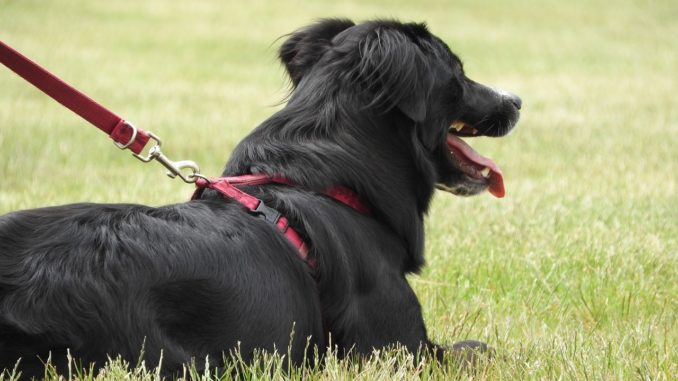
The MDU has released an article outlining the reasons why GPs should review dog policies at their practices
The Medical Defence Union (MDU) is advising GP practices to ensure their policies are updated for patients who need assistance dogs to attend appointments.
In an article published in the latest edition of the MDU journal the MDU said, under equality and discrimination law, reasonable adjustments should be made to ensure access to medical treatment facilities for patients with assistance dogs.
This can includes all types of service dogs – not just guide dogs.
Dr Ellie Mein, MDU medico-legal adviser, said: “According to Assistance Dogs UK, over 7,000 disabled people in the UK rely on an assistance dog to help with practical tasks, offering emotional support and independence.
“One of those tasks may be to support a patient when attending a medical appointment, so it’s important for our members to know how to deal with such a scenario. While the term ‘assistance dog’ most commonly refers to guide or hearing dogs, it can also mean service dogs for those with other conditions.
“While many dogs receive specific training, some assistance dogs can be owner-selected and trained.”
The MDU journal recounts an anonymised case of a GP practice which asked for advice after a patient at the practice brought an assistance dog to consultations. During one appointment, it jumped up at a healthcare assistant who was frightened of dogs.
The MDU explains that healthcare professionals have a legal duty to make reasonable adjustments to enable disabled users to access services. The Equality Act 2010, and the Disability Discrimination Act 1995 in Northern Ireland, require access to medical treatment facilities for assistance dogs.
In addition, staff must not treat the owner less favourably due to their impairment. The Equality and Human Rights Commission has also produced a guide for businesses on assistance dogs.
Advice from the Guide Dogs charity also states ‘there may be areas within the health facility where a guide dog may not be permitted due to infection control or health and safety issues’ in which case alternative support will be required for the patient and a suitable location found for the assistance dog to be left safely.
Mein concluded: “If a staff member is allergic to dogs or has a phobia, then the practice should take reasonable steps to minimise that individual’s exposure to assistance dogs. However, neither are valid reasons for denying an assistance dog entry to the practice.”
Don’t forget to follow us on Twitter, or connect with us on LinkedIn!

Be the first to comment